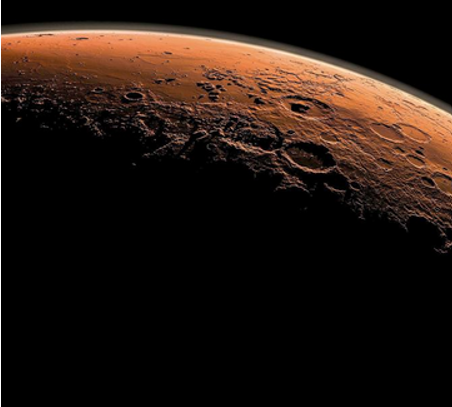Indian team reveals day-night secrets of Mars's magnetic field
05-Sep-2024At night, however, this control weakens, causing the differences between the hemispheres to disappear.

Indian scientists studying Mars have discovered that the planet's crustal magnetic field has a significant effect during the day but is nearly absent at night.
Scientists from the Indian Institute of Geomagnetism (IIG), who have a long history of studying Earth's magnetic fields, have expanded their research to include Mars.
Their team, consisting of C. Nayak, E. Yigit, B. Remya, J. Bulusu, S. Devanandhan, S. Singh, A.P. Dimri, and P. Padhye, conducted a detailed study on how Mars's weak crustal magnetic fields affect its ionosphere.
Their research found that during the daytime, these crustal magnetic fields have a strong influence on the ionosphere, especially in the southern hemisphere, where the effect is much stronger than in the northern hemisphere.
At night, however, this control weakens, causing the differences between the hemispheres to disappear.
Interestingly, the researchers observed that this daytime control of the crustal magnetic fields remains consistent regardless of the season or the distance between Mars and the Sun.
This suggests that the daytime effects of the magnetic fields are stable and unaffected by these factors. The findings were published in the Journal of Geophysical Research: Space Physics.







